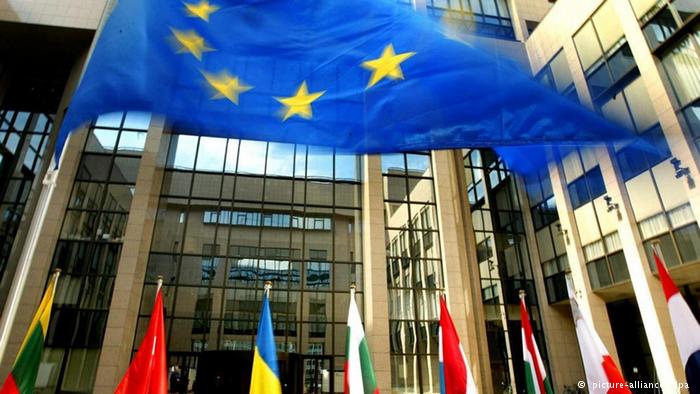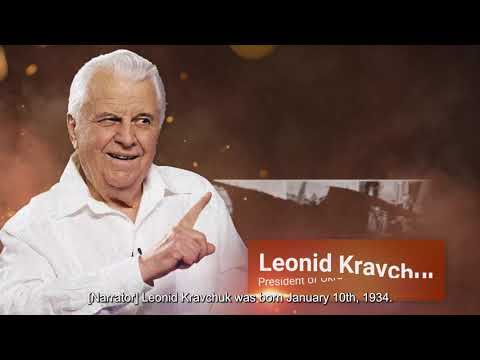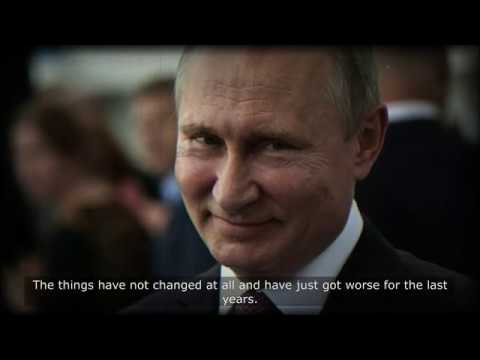
For a long period of time Albania has remained the most isolated European state. It suffered from the totalitarian regime to the fullest, and that’s after-effect still is not completely overcome. Nevertheless, Albania is insistently moving towards European integration and puts out considerable efforts to draw closer the EU accession.
For 17 years Albania has been laying a course for joining NATO and in 2009 it succeeded to become a full member of North Atlantic Alliance. The government considers membership both as an important step for security enforcement at Balkan Peninsula and as EU accession assurance.
At the same time Albania is a member of the Organization of the Black Sea Economic Cooperation (BSEC). This organization provides unrivalled opportunities for multilateral economic cooperation development, strengthening trust between the states, and in particular, promoting improvements of political and economic relations with the countries of Black Sea region, integration not only with EU, but with Middle East and Caucasus as well.
On the other hand, Black Sea region for a long time has been suffered from cross-national war conflicts. Their origin is well-known – considering itself the successor of the Soviet Union Russia insistently applies efforts to make changes in the world map and extend its influence over the Black Sea region, including Balkan Peninsula countries.
Russia has annexed Crimea, unleashed war at the east of Ukraine and practically initiated world’s territorial rearrangement. Russia annexes territory of the sovereign states, creates pseudostate formations which acquire no acknowledgment of world community (Pridnestrovian Moldavian Republic, Nagorno-Karabakh Republic, the Republic of South Ossetia, Republic of Abkhazia, Donetsk and Luhansk people’s republics), finances and supports illegal paramilitary groups.
The world community condemns roundly the aggressive Moscow’s policy concerning Ukraine. No exception was Albania, which supported the territorial integrity of Ukraine. Tirana claims to consider the Russia’s actions as aggression.
According to Ditmir Bushati, the Minister of Foreign Affairs of Albania, in order to prevent strengthening influence of Russia at Balkans and facilitate security re-enforcement in the region NATO shall act in strategic way and for that end the prospects of Alliance membership shall be opened for Balkan countries.
As for the stance on the Russian aggression against Ukraine, as is known, some Balkan countries share the EU position, the others take an opposite stand. Albania and Croatia are NATO members. Montenegro has also recently become the member of the Alliance, though Russia over the recent years counteracted by sponsoring movement against NATO in the country fiercely trying to prevent its NATO accession. The process of Macedonia, Bosnia and Herzegovina accession of the North Atlantic Alliance as yet is frozen. Serbia follows the neutrality policy, though it makes no secret of its loyal relation to Russia. Albania, in turn, took hard-line position and this position is quite clear given the fact of frozen conflict in Kosovo, which under the Moscow’s auspices may gather steam anytime.
In spite of actual aggressor status Russia currently presides in BSEC. To the end of its presidency (late in June of current year) Russia is going to hold 47th General Assembly of PABSEC in Moscow. It is easy to guess that Kremlin will attempt to use PABSEC stage for legitimization of illegal Crimea accession and reinforcement of military presence in Black Sea region. Unlikely Russia will succeed in it as the BSEC states, and particularly Albania, took align and tough stand strongly condemning the actions of Russia, which brutally violates international law, annexes the territory of the sovereign state and preconditions war conflicts not only at the Black Sea region, but in other areas of our planet as well.

